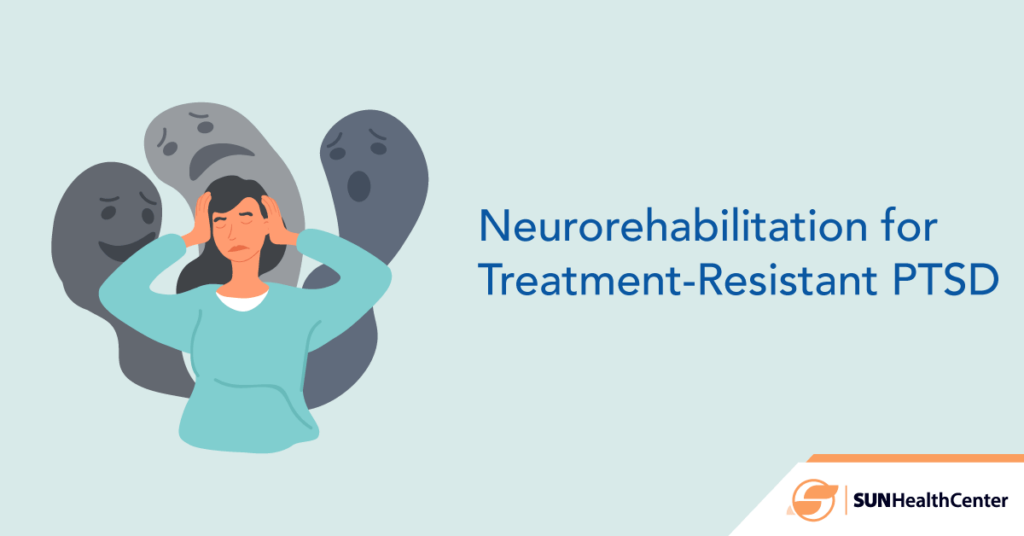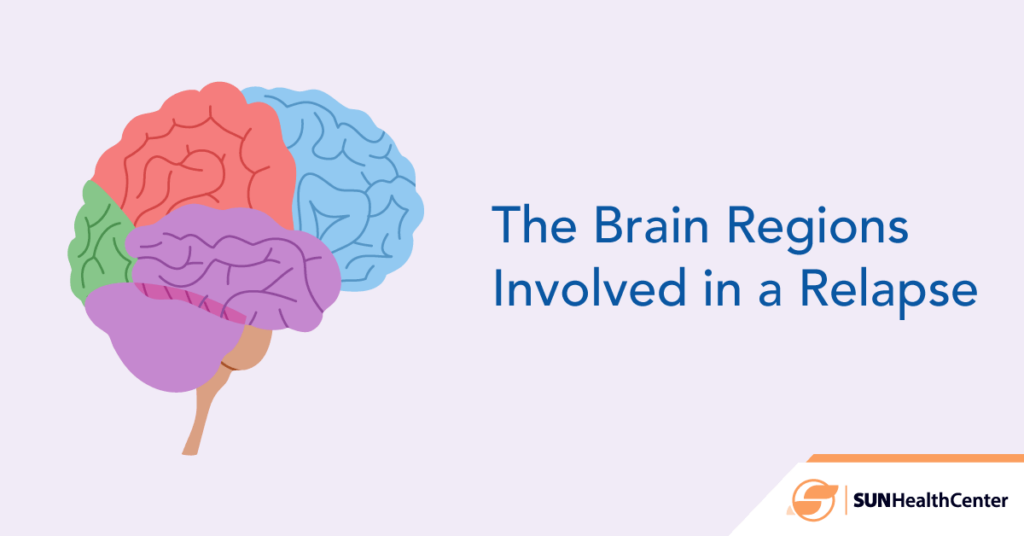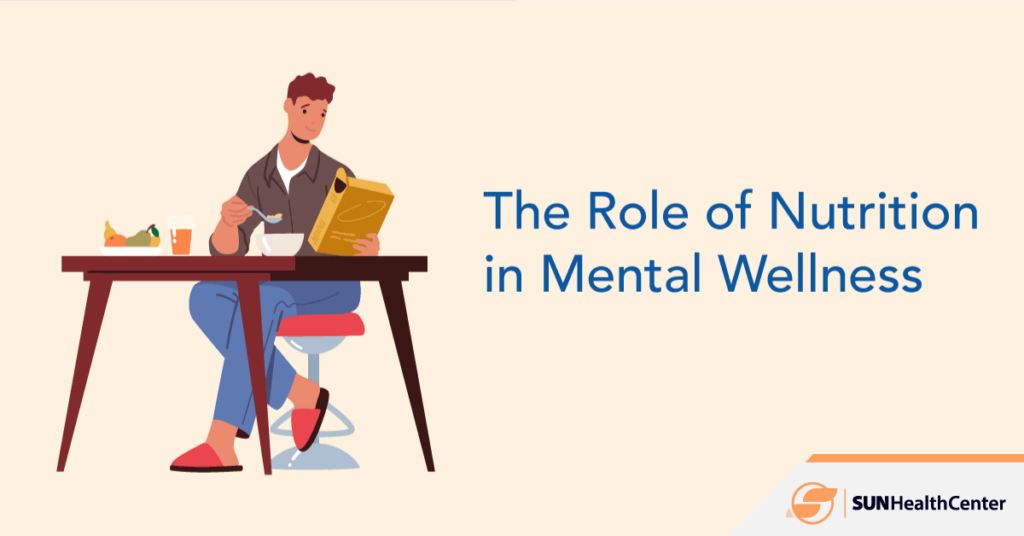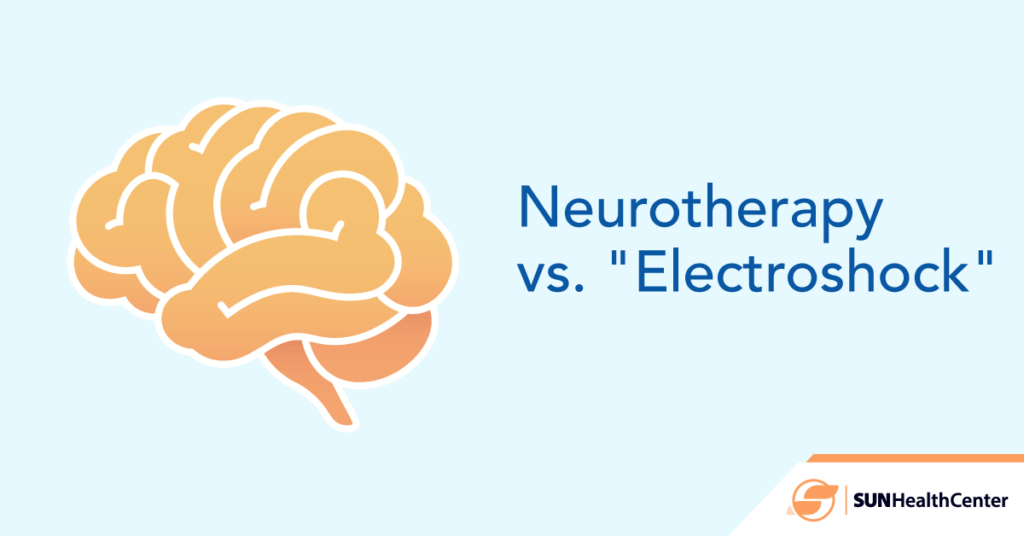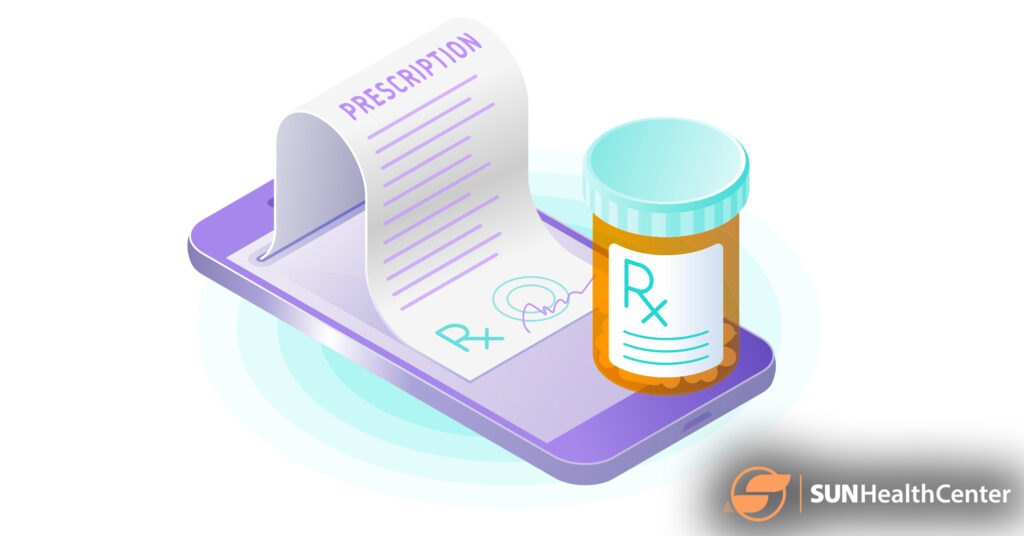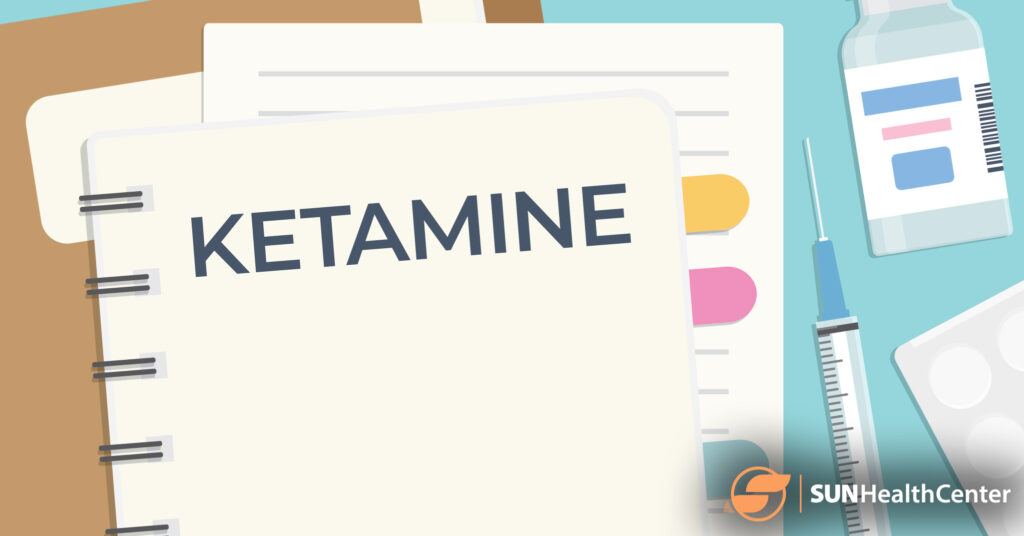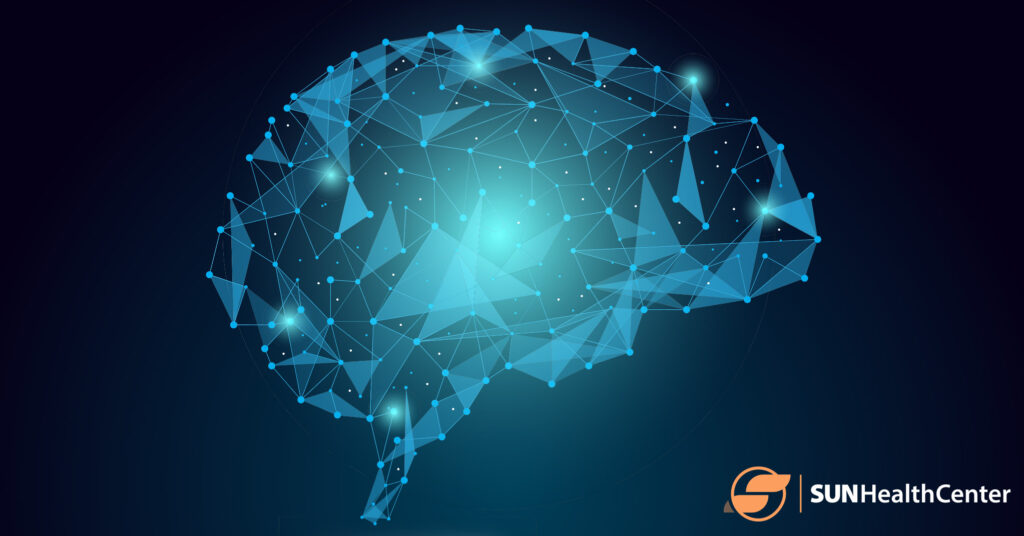Individuals living with post-traumatic stress disorder (PTSD) can feel as though they're caught in an unbreakable cycle of fear, anxiety and distress. Evidence-based treatments such as talk therapy and medication are very effective for many patients. However, they don't work for a significant number of ...
What Brain Regions Are Involved in a Relapse
Compulsive alcohol and drug use takes a toll on the body and the mind. Individuals struggling with addiction are at higher risk of heart disease, cancer and mental health conditions. Even with short-term addiction, an addict can develop strong connections between drugs and the triggers associated with them, ...
The Role of Nutrition in Mental Wellness
In the quest to improve your mental health, there's one factor you might be overlooking: food. Research shows that the link between proper nutrition and mental health is highly complex, with diet possibly influencing a person's risk of developing conditions like depression. Here's how food affects mental ...
What “Heart Rate Variability” Is and Why It Matters
Your heart rate is the number of times your heart beats in a minute. This is a common metric used to measure physical fitness, with a lower heart rate generally being a sign of good fitness. Heart rate variability (HRV) refers to the variation in time between each heartbeat. This is also a useful indicator of ...
Neurotherapy vs. “Electroshock”: The Key Differences
The term "electroshock" conjures up images of Jack Nicholson convulsing and moaning in One Flew Over the Cuckoo's Nest. Although modern electroconvulsive therapy (ECT) is much less barbaric, many patients and treatment professionals are hesitant to use it due to its poor reputation. Neurotherapy offers a ...
Crippling Depression: When You Can’t Take Care of Yourself
Depression is a common mental health issue. According to the National Institute of Mental Health, about 8.3% of American adults experienced at least one major depressive episode in 2021. For some people, depression can be debilitating, causing difficulties with completing everyday tasks such as going to work ...
Can You Get a Prescribed Medication Online?
Telemedicine is an increasingly popular way to access health care, with over 27% of specialist doctors using virtual consultations for more than half of their appointments. However, many people are unsure whether virtual doctors can prescribe medication when deciding between an online or in-person ...
Ketamine Infusion Therapy: Who’s a Good Candidate?
Ketamine was originally approved as an anesthetic medication used to put you to sleep before and during surgery. In 2019, the drug was approved by the Food and Drug Administration (FDA) to treat several mental health conditions, including major depressive disorder, bipolar disorder and post-traumatic stress ...
Tapping for Anxiety? An Intro to EFT
Are you curious about a unique method for managing anxiety? Emotional freedom techniques (EFT), also known as tapping therapy, might be right for you. You can use this method to reduce your anxiety alongside other treatments, such as talking therapies or medication. In this article, we'll take a deep dive ...
Brain Mapping Therapy – The Dummy’s Guide
Brain mapping, or brain wave training, is a new approach to treating anxiety, depression and ADHD. The idea of neurofeedback isn't new. It's something that's been around for decades. However, EEG brain mapping is a relatively new technology and one that's revolutionizing mental health care. In this article, ...
